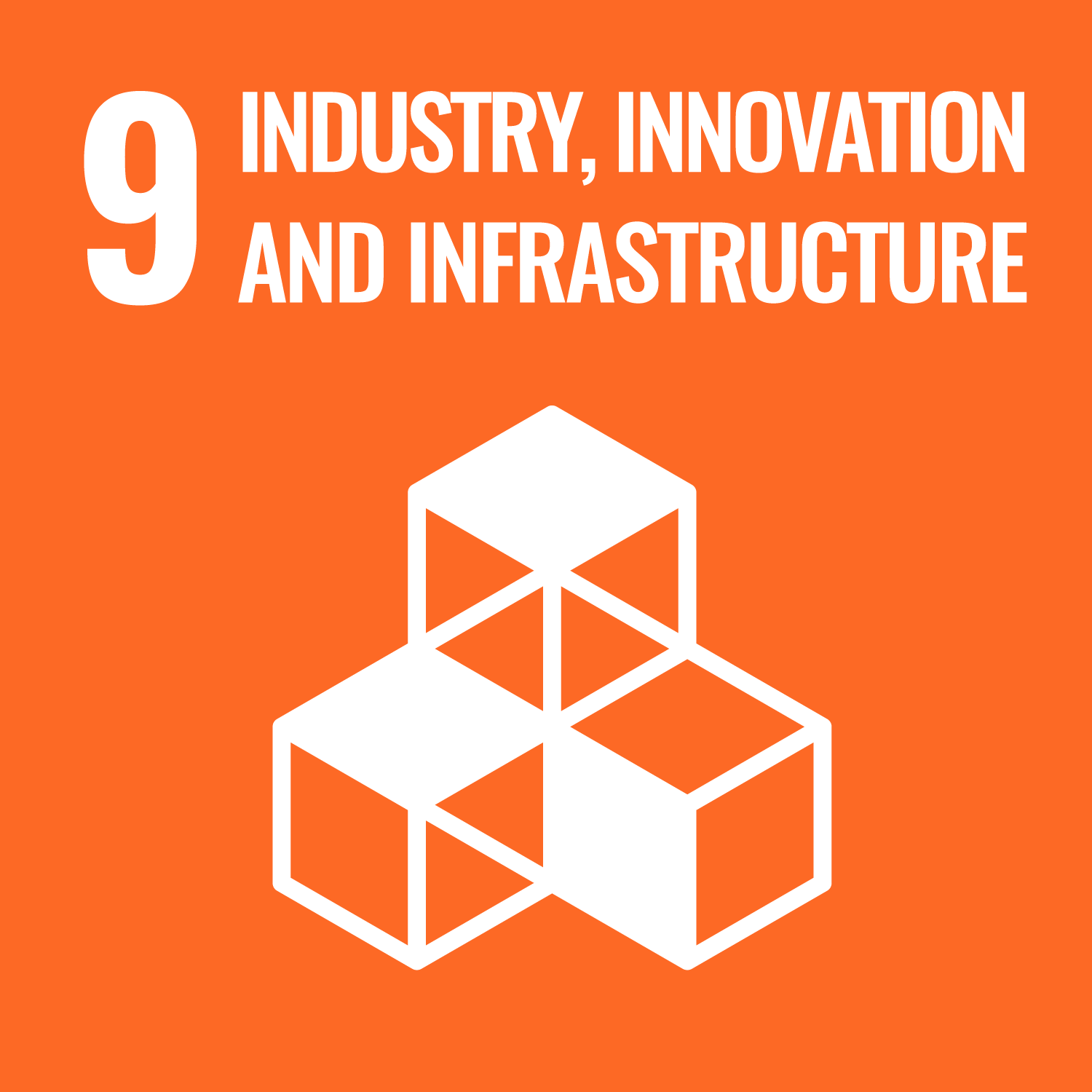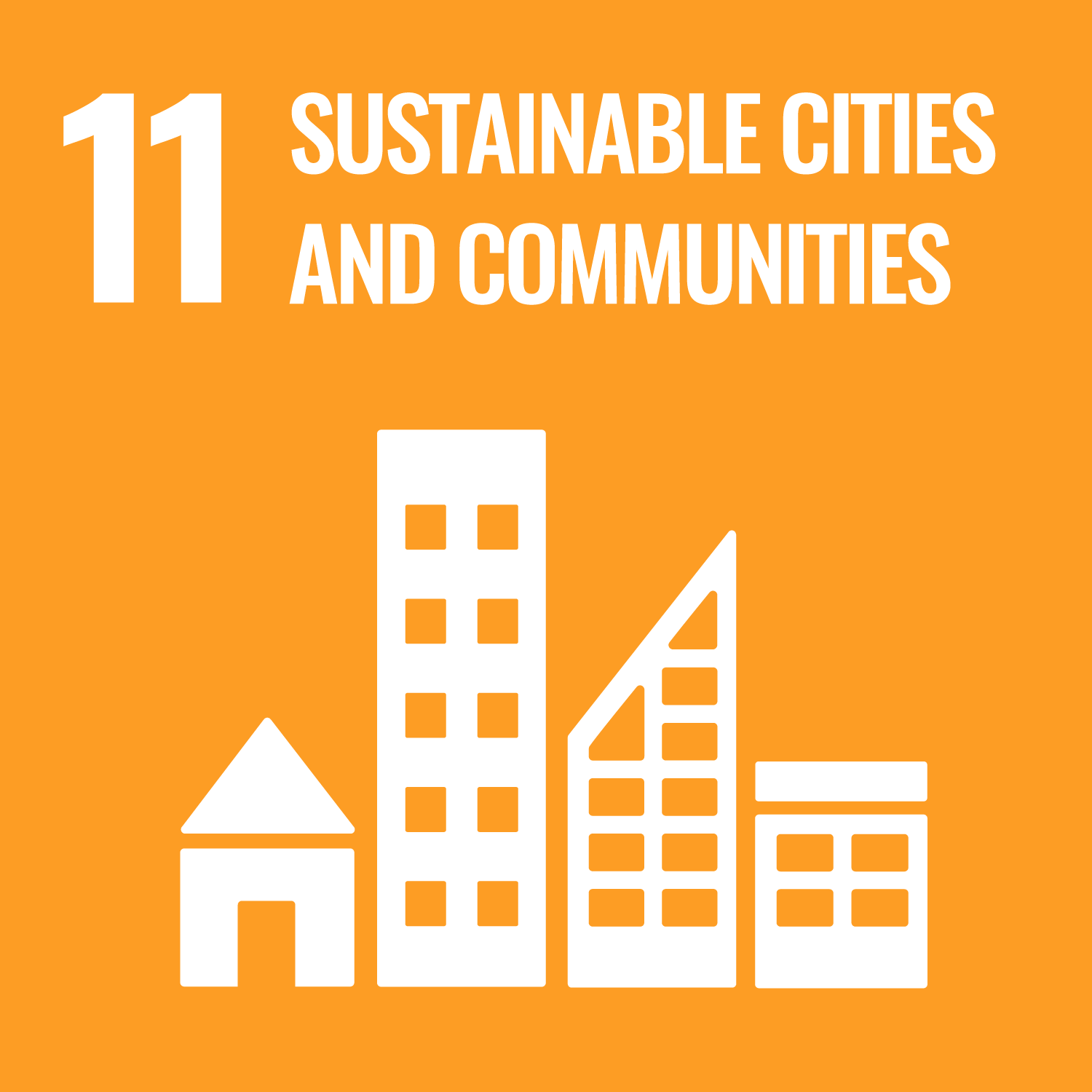Single Homeless Prevention Service (SHPS)
This project is also known as Pan London
Aligned SDGs


- Single Homeless Prevention Service (SHPS)
- General overview
- Location
- Involved organisations
- Outcome metrics
- Results
- SyROCCo reports
- Spreadsheet of data
- Single Homeless Prevention Service (SHPS)
- General overview
- Location
- Involved organisations
- Outcome metrics
- Results
- SyROCCo reports
- Spreadsheet of data
General overview
Stage of development: Implementation
Policy sector: Homelessness
Date outcomes contract signed: Sep 2019
Start date of service provision: Jul 2019
Anticipated completion date: Mar 2025
Capital raised (min/max investment): GBP 659.10k (USD 841.16k) - GBP 2.36m (USD 3.01m)
Max potential outcome payment: GBP 14.62m
Service users: 8k+ individuals
Intervention
Following the introduction of the Homelessness Reduction Act, Local Authorities now have a duty to support single people who are homeless or a risk of becoming homeless within 56 days. The Single Homeless Prevention Serivce (SHPS) was designed and launched to support Local Authorities deliver this support. The service aims to prevent or relieve homelessness through saving an existing tenancy or securing new accommodation. It then supports people to sustain that accommodation over time to ensure long term prevention of homelessness.
Target population
Single people who are homeless or at risk of becoming homeless
Location
Country
- United Kingdom
Service delivery locations
- London Borough of Brent
- London Borough of Islington
- London Borough of Ealing
- Enfield Council
- Hackney Council
- Waltham Forest Council
- Norfolk County Council
Involved organisations
Outcome metrics
- Metric 1: The successful completion of Personal Housing Plan (PHP)
- Metric 2: The successful prevention of homelessness
- Metric 3: The successful relief of homelessness
- Metric 4: Sustainment of accommodation for eight months with no identified risk of homelessness
Results
Single Homeless Prevention Service started delivering services in July 2019 and will finish in March 2025. Data was last updated in March 2024. These are interim results.
Outcome achievements
Overall target is based on the high case scenario defined in the Life Chances Fund Final Award Offer or Variation Agreements.
The graph above shows interim results for the project’s outcome achievements. Each bar represents a key participant outcome or metrics. Each metric is detailed above the graph (under the ‘Outcome metrics’ section of this page). Users can hover over the bars to access data on the expectations and achievements for that particular metric. Labels at the top of the bar represent the overall expectations for specific metrics, for the entire life of the project. The coloured section of the bar represents the project’s achievements so far.
Each bar takes the unit of analysis of the metric (if the metric is measured in number of individuals, the bar graph is representing individuals achieving that metric. If the metric is measured in weeks, the bar graph is representing weeks).
A note on targets (or expectations): the graph above shows the latest targets for the project. These targets are based on the best-case scenario expectations for every project. These targets may be different from the targets set at the start, as projects adapt to unexpected challenges or changes in circumstances. In addition, these targets could also work as a ‘cap’ for payments. We offer these parameters as a reference on outcome achievement projections. If projects are under implementation, they are not expected to have achieved any of these targets yet.
The service provider's comment on this graph:
'SHPS is delivering homelessness support at considerable scale, working across 12 Housing Authorities. The key housing outcome are: supporting people to secure new accommodation typically in the private rented sector (outcome 1), working to save an existing tenancy through family or landlord mediation (outcome 2), and supporting people to sustain that tenancy for at least 8 months (outcome 3). Sustainment for 8 months, and where there is no identified risk of homelessness at that point, is a proxy for long term homelessness prevention – the central outcome of the programme.
The programme is on-track to meet its outcome targets. More referrals than originally expected required new accommodation, which is why the graph shows greater progress on outcome 3 compared to outcome 2. The Life Chances Fund supported projects are now entering their final year, where referrals stop but sustainment work continues for existing participants. The service expects to achieve a higher number of sustainment outcomes in this period, moving towards the project target.
The flexibility of the outcomes contract has allowed the SHPS delivery partnership to find new and innovative ways to achieve housing outcomes for the people it supports. It uses a flexible funding pot to make rent in advance and deposit payments/pay for landlord insurance. It is partnering with private sector letting agents and has begun acting as a guarantor where needed to secure properties. It has introduced newly designed roles to improve the triage and assessment process.'
Outcome payments
The graph above shows interim outcome payment results. The x-axis displays the years since the start date of the project to the anticipated completion date. The y-axis represents the value of the payments for outcomes realised by participants in the programme. The aim of this graph is to enable users to compare the initial expectations of the project against the actual value of the outcomes that were achieved.
The dotted lines represent the different plans that projects had at different moments- labelled as ‘Plans’ in the key. The data for these dotted lines (or single dotted line) comes from the outcome payment profiles that projects shared with the commissioners and their values represent expectations according to 'best-case scenarios' (if projects achieved as many outcomes as possible). There are different dotted lines as projects can renegotiate their payment plans as they face changes that affect delivery (such as the COVID pandemic) or adjust their expectations during the life of the project. Each dotted line is made of a set of points. Each point represents a quarter. Users can hover over those points and access data on the expectations for that quarter.
The solid line shows the outcome payments that the project already claimed and received- labelled as ‘Actual’ in the key. Squared points on the 'Actual' line indicate that the payment for that quarter was a COVID-19 medium-scenario grant. This was one of the temporary funding options offered to projects during the COVID-19 pandemic (this included activity payments based on projected medium-case performance scenarios). On the top-right corner, the ‘Plans’ and ‘Actual’ lines can be selected and deselected to change which lines appear in the graph.
A note on the representation of different payment profiles (or plans): when Life Chances Fund projects reprofile their payment plans, they use a template provided by the National Lottery Fund. When they complete data for the past quarters, some projects preferred to leave those cells blank, other preferred to repeat the previous expectations and other decided to complete those cells with data from actual payments. To avoid confusions around these different criteria, we start representing a plan from the moment when the plan is valid.
The service provider's comment on this graph:
'The graph shows the growth of the SHPS intervention across new areas. Originally the service secured funding to launch in two London Authorities – following a successful pilot in Brent. Based on the performance of these services, 4 more London Authorities joined the partnership (plan 2), followed by 6 Housing Districts across Norfolk.'
Powered by SyROCCo SyROCCo reports
The following articles are taken from the Systematic Review of Outcomes Contracts Collaboration (SyROCCo) Machine Learning tool.
The tool is a collaboration between the Government Outcomes Lab and machine learning experts from the University of Warwick, that allows you to navigate and explore data extracted from nearly 2000 academic and grey literature publications related to outcomes-based contracting.
Spreadsheet of data
Important Notice and Disclaimer on INDIGO Data
INDIGO data are shared for research and policy analysis purposes. INDIGO data can be used to support a range of insights, for example, to understand the social outcomes that projects aim to improve, the network of organisations across projects, trends, scales, timelines and summary information. The collaborative system by which we collect, process, and share data is designed to advance data-sharing norms, harmonise data definitions and improve data use. These data are NOT shared for auditing, investment, or legal purposes. Please independently verify any data that you might use in decision making. We provide no guarantees or assurances as to the quality of these data. Data may be inaccurate, incomplete, inconsistent, and/or not current for various reasons: INDIGO is a collaborative and iterative initiative that mostly relies on projects all over the world volunteering to share their data. We have a system for processing information and try to attribute data to named sources, but we do not audit, cross-check, or verify all information provided to us. It takes time and resources to share data, which may not have been included in a project’s budget. Many of the projects are ongoing and timely updates may not be available. Different people may have different interpretations of data items and definitions. Even when data are high quality, interpretation or generalisation to different contexts may not be possible and/or requires additional information and/or expertise. Help us improve our data quality: email us at indigo@bsg.ox.ac.uk if you have data on new projects, changes or performance updates on current projects, clarifications or corrections on our data, and/or confidentiality or sensitivity notices. Please also give input via the INDIGO Data Definitions Improvement Tool and INDIGO Feedback Questionnaire.